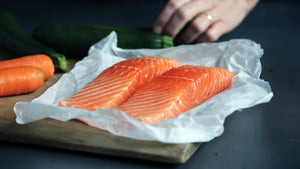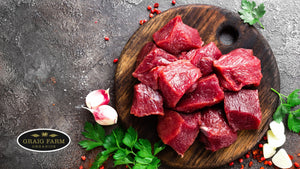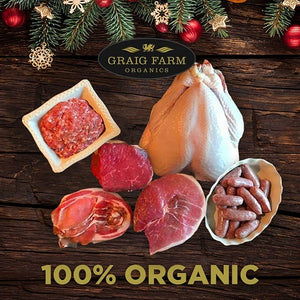The importance of insect pollinators

Bees in the UK are under threat
Bees are incredibly hard-working creatures and without their work, we wouldn’t be able to enjoy delicious foods like apples, blueberries, cucumbers, onions and so much more. You wouldn’t want these to disappear, right?
Two bee species are already extinct in the UK as a result of intensive agriculture, and other species are at risk. This is devastating considering they’re responsible for pollinating most of our crops.
Why are pollinators declining?
The overuse of pesticides in farming has caused pollution and habitat destruction, meaning wildlife can't survive in these areas. Neonicotinoids are chemicals that are particularly harmful to bees, as they attack their nervous systems and eventually kill them.
Growing monocultures is also part of the problem. Repeatedly growing the same type of crop isn't the best way to manage the land and doesn’t create the environment needed for bees, butterflies and other insects to thrive.
Organic farms have up to 50% more insects, birds and plants
Because organic farms put sustainable methods into practice, they're home to more wildlife than non-organic farms. Working with nature rather than against it boosts biodiversity so habitats can flourish. Avoiding pesticides and rotating crops are some of the ways organic farmers are helping preserve wildlife.
When you choose organic food, you’re making sure pollinators like bees can carry on doing their important work. Get 10% off meat and fish* throughout Organic September using the code SEPT10 at the checkout and spread the word about the benefits of organic.
- Graig Farm





